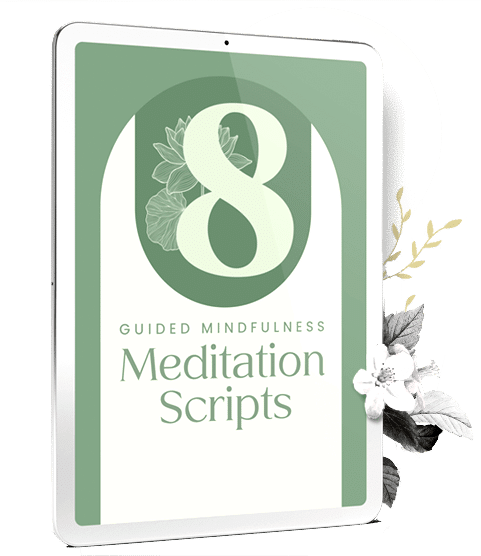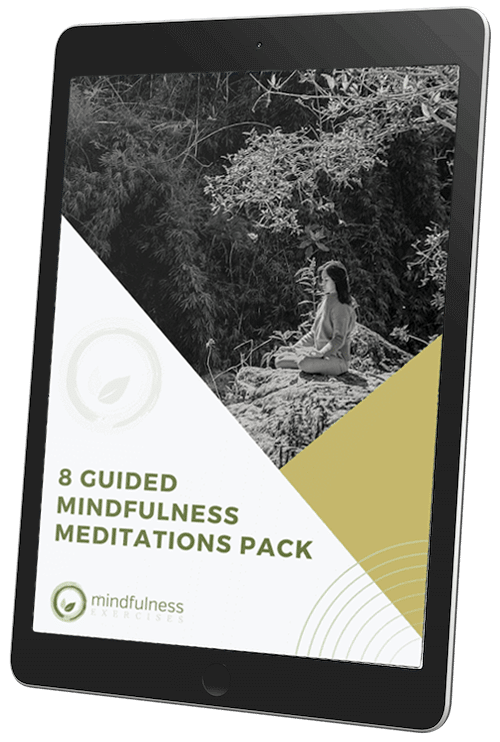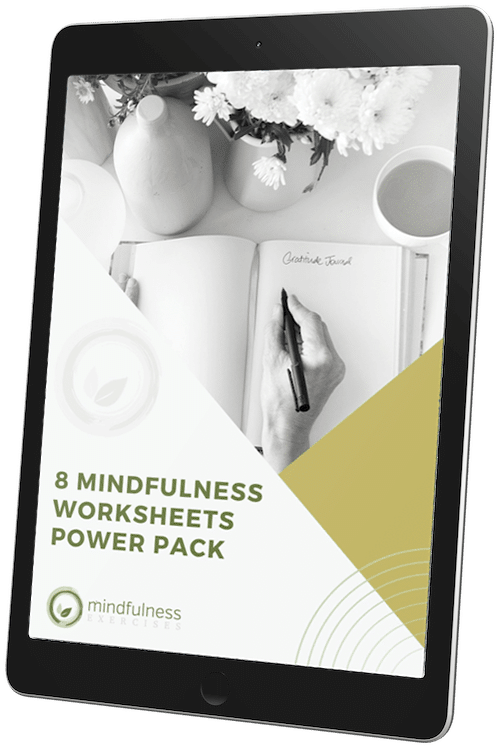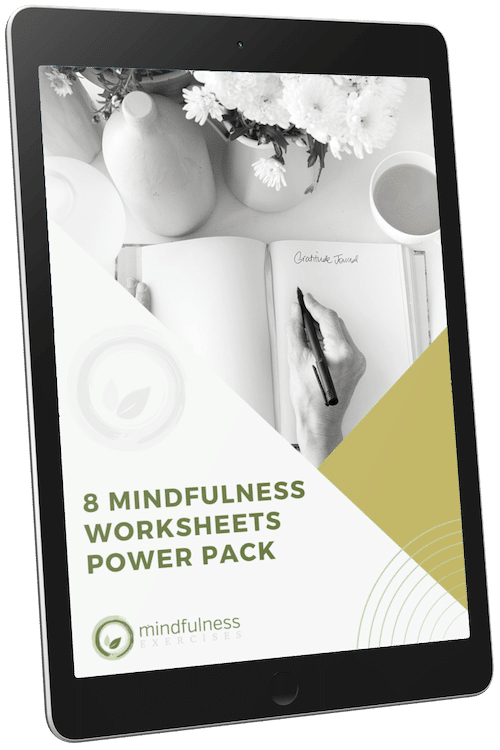This year as the holidays approach we’re bringing months of political and lockdown-related stress to our relationships and family gatherings. Mindfulness preserves relationships in times of stress by keeping us aware, reducing our reactivity to emotions, and increasing our capacity for empathy.
Find peace over the holidays by applying mindfulness to your relationships with family and friends.
Relationships in Times of Stress
It’s a divided time in the United States and this stress has put significant strain on relationships. In addition, we’re living in close quarters more than we used to as we stay closer to home and narrow our social circles in the hopes of reducing COVID-19.
During the holidays, disagreements are likely to arise due to politics, unresolved historical issues, familial obligations or conflicting holiday traditions. Combine this with alcohol-fueled celebrations or the feeling there’s nowhere to escape to, and the result is overwhelming.
The breakdown of relationships in times of stress is preventable. To help your relationships survive the holidays this year, turn toward your mindfulness practice.
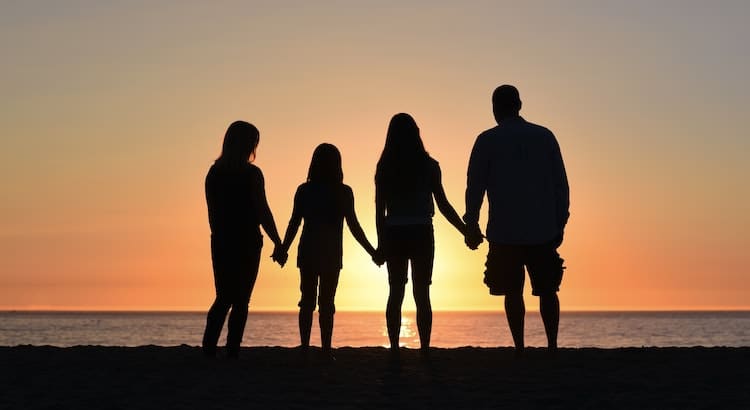
How Mindfulness Preserves Relationships
Mindfulness is the act of paying attention to our present moment, without any judgment. Mindfulness transforms our habitual, unconscious behavior into positive, intentional action. By applying mindfulness to our relationships, we can preserve friendships and build loving family connections, even in times of high stress.
Mindfulness & Awareness
First and foremost, mindfulness improves awareness. Relationship troubles often result from the habitual reactivity we develop over a lifetime of unconsciously reacting to the people around us.
With mindfulness, we become more aware of both ourselves and others. We learn to watch our own behavior as if from a distance. We become curious and learn to question our reactions. We also become more aware of the behavior of others, which helps us strengthen qualities such as empathy and compassion.
With practice, mindfulness changes the neural circuitry of our minds, and we replace bad habits with intentional action. Reactive yelling, for example, gets replaced with active listening. By changing ourselves we change our relationships to others, resulting in greater harmony, peace and tolerance.
Mindfulness & Emotions
Relationships trigger extreme emotions and there’s nothing wrong with this. We each dream of relationships that evoke deep love, for example. When we care deeply about others, our relationships can evoke extreme sadness and anger. It’s not emotion that hurts our relationships, but our reactions to emotion.
Mindfulness creates space between the experience of emotion and our reactivity. Mindfulness teaches us we are not our emotions, but the awareness within which these emotions arise. Through mindfulness, we develop the capacity to be present with our emotions, no matter how uncomfortable.
Within this space of presence we have the opportunity to choose how we act. We may choose to walk away and give ourselves a moment of self-compassion, to set boundaries with our loved ones, or to turn inward and explore. The greater our awareness of emotions, the more we free ourselves from their control. In the process, our relationships improve.
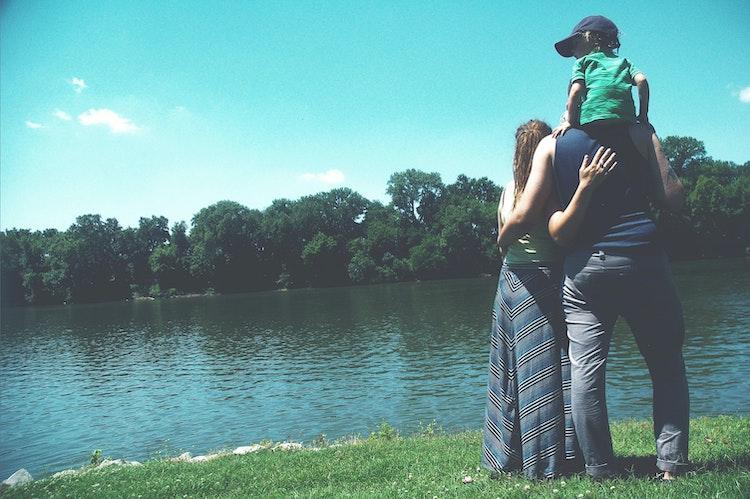
Mindfulness & Empathy
Empathy is the ability to connect to the emotions of others without taking them on. Our ability to be present with the emotions of others is directly related to our ability to be present with our own emotions. The more work we do on ourselves, the more strength and patience we bring to our relationships.
Mindfulness helps us see the complexity in all human beings. The experience of watching our own minds teaches us that we each operate within our own reality, built from a lifetime of past experiences. Through mindfulness, we become aware that just like us, our family and friends only want to be happy and free from their pain.
Mindfulness and our awareness of this universal human experience makes us more compassionate. We may not agree with the ways in which others avoid discomfort or seek peace, but we can relate to the aversion and desire. An opportunity for connecting opens.
Mindfulness & Stress
Mindfulness strengthens our resilience and broadens our capacity to be present with stress. We recover more quickly from acute moments of adversity. When we’re less stressed, we’re less likely to take things personally, we’re able to see humor in hardship, and we have a greater capacity for patience and giving.
When we’re in a state of stress, we have a limited capacity to be present. Stress induces a closure of body and mind as we prepare for fight, flight or freeze. Mindfulness, on the other hand, invites us to open body and mind to the present situation. In this open state, we can listen and connect to our loved ones. We become available to wisely respond to their needs.
We’re living in a stressful time and in our relationships we aren’t alone in our experience of stress. The skills we develop through mindfulness allow us to shift to focus from self and apply it to others. Mindfulness preserves relationships by inviting us to ask, how can I help you? We become equipped to support those we love who may not have developed the same mindful coping skills we have.
Mindfulness Exercises for Relationships
Mindfulness preserves relationships only when we make mindfulness a habit. Regular practice of the following mindfulness exercises develops wisdom and compassion which then informs our actions and strengthens our relationships.
Listen to what renowned mindfulness teachers have to say about communication, empathy and gratitude. Follow each lesson with daily mindfulness practice.
Mindfully Communicate
Being a good listener requires us to let go of our own stories, and connect instead with what’s happening in the present moment. When we’re present and focused on being versus doing, we’re available to truly connect to others.
Build Empathy
By increasing our capacity for empathy we learn to see people not as one-dimensional, but in all their human complexity. No one is all good or all bad. We better connect to others when we walk in their shoes.
Deepen Gratitude
A mindful gratitude practice strengthens relationships by reminding us how others have contributed to our joy and success. We take nothing for granted, and in the process, discover the connectedness of all things.
Share Compassion
Compassion shifts focus from self to others. When we embody the desire to relieve others of their pain, our relationships improve. We can practice this through meditation, and by being of service.
Practice Mindful Self-Compassion
Sometimes, the best thing we can do to preserve our relationships is to remove ourselves from the current situation and take a break. In the long run, the more work we do on self-love, the more we’re available to share love with others.
Mindfulness Predicts Relationship Satisfaction
A meta analysis of 10 different mindfulness studies found mindfulness is significantly correlated with relationship satisfaction. Although it’s primarily an individual practice, mindfulness promotes greater intimacy. The deeper our understanding of the self, the deeper our understanding of humanity and the greater our capacity for connection.
Mindfulness reduces stress, decreases our reactivity, and teaches us to approach conflict with an open mind and open heart. Mindfulness increases the stability of our own minds, which gives us the strength to support others in their moment of need.
Turn to mindfulness to preserve your relationships over the holidays, and well into the new year.





